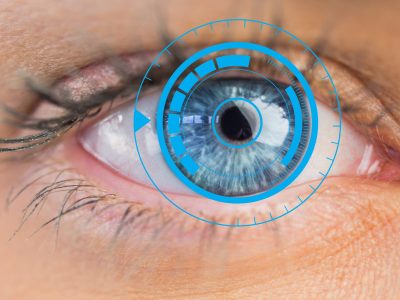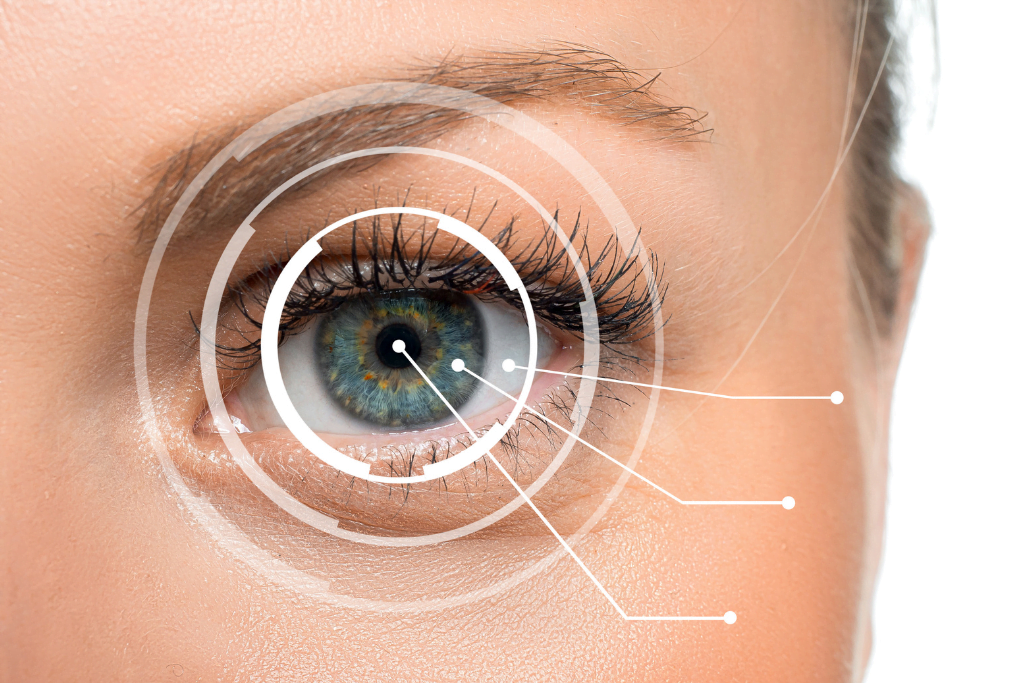What is Laser Eye Surgery?
Introduction:
Laser eye surgery (also refractive surgery in its other name) is a kind of correction procedure used to fix the sight issues, such as myopia, hyperopia and astigmatism. In this article, laser vision correction is in focus and you are provided a detailed guide on the course of the procedure, benefits, possible risks and the recovery period.
What is Laser Eye Surgery?
One of the most popular surgeries for vision correction is laser eye surgery, also referred to as refractive surgery, which is the corrective process for nearsightedness, farsightedness and astigmatism. In the surgery, once the laser is applied to reshape the cornea, the clear front part of the eye, it is assumed that the way is so light is directed to the retina. This brings the possibility of maintaining a life without glasses or contact lenses at zero.

Types of Laser Eye Surgery:
1. LASIK (Laser-Assisted In Situ Keratomileusis): LASIK is the most common in practice laser eye surgery. A flap is created in the cornea in a thin layer in the LASIK, and a laser is used to form the underlying corneal tissue to improve vision.
2. PRK (Photorefractive Keratectomy): PRK is also the laser eye surgery working in a similar way to LASIK only that it does not cut flap out of cornea. Contrariwise, it is the outer layer of cornea which is vapored out in advance of the procedure to finalize.
3. SMILE (Small Incision Lenticule Extraction): The SMILE, a new technology of laser eye surgery, involves laser formation for a disc-shaped, small cornea piece, with the next step being a small incision to take the piece out.
Procedure:
1. Pre-surgery Evaluation: Be ready for the procedure, your doctor will run a thorough eye exam the day prior to the surgery that will make sure you are eligible for LASIK surgery.
2. Surgery: Meanwhile surgeries, your eyes will be dosed with general anesthetic and you won’t feel any pain. By utilizing a laser, the doctor will contour your corneas according to the vision correction that you specifically require.
3. Post-surgery Care: A few days after your surgery, your doctor will prescribe instructions for the follow-up treatment, including eye drops and follow up appointments.
Risks of Laser Eye Surgery:
1. Dry Eyes: Others may note that their eyes get quite dry after surgery, and such a condition generally responds very well to the use of over-the-counter eye drops.
2. Undercorrection or Overcorrection: And in other cases the desired correction might not be achieved and the treatment procedure can be multiplied.
3. Infection: Sometimes after the laser eye surgery, the risk of infection occurs implying that it may be treated successfully with antibiotics, which is very rare.
4. Glare or Halos: Whilst others become hypersensitive to different light conditions, such as glare, halos or double vision at night, these problems often reduce in time.
5. Flap Complications: LASIK surgery forms a corneal flap under which LASIK surgery is performed. However, a corneal flap can sometimes be displaced or wrinkled which can lead to postoperative complications such as dislocation or wrinkling.
Benefits of Laser Eye Surgery:
1. Improved Vision: LASIK, as a form of laser eye surgery, can lead to the elimination of spectacles and contact lenses because of the correction of refracted rays.
2. Quick Results: Most of the patients after surgery can observe their better vision celeritly or in a few days without any complication.
3. Permanent Results: Most eye surgeries involve lasers, and the effects of the removal of any issue are usually permanent, but might require some sort of re-do or treatment.
4. Convenience: The laser eye surgery can provide great facilities and relieve oneself from irritating single use of glasses or contact lenses.
5. Safety: Laser eye surgery is the safest of all existing methods of correcting our eyesight and it has few complications provided that it is done by a skilled doctor. For best care and safety get tips and consultation from best eye specialist doctor.
Recovery Process:
1. Immediate Postoperative Period: Due to anesthesia and the fact that the clear fluid within the eye has been replaced by an opaque one, you can feel hazy vision, discomfort, and light sensitivity shortly after the procedure.
2. First Few Days: While many patients will experience minimal complications after the procedure, they can usually get back to regular routines in a couple of days, but strenuous activities should be avoided. In starting few days do proper eye check ups and get consultation from best eye specialist in thane.
3. Follow-up Appointments: As with the aftercare, you would still need to come in for follow-up visits with the eye physician to check your rate of progress and see if the re-epithelialization has been accomplished properly.
4. Long-term Care: In addition to that, you should continuously follow your physician’s recommendations in every aspect of protecting your sight, like using your prescribed eye drops, and visiting your doctor on a regular basis. Eye is very sensitive part of body, for holistic and professional care get in touch with best eye hospital in thane.
Conclusion:
Recent Post
Cataract Surgery in Thane with Advanced Laser Tech
Vision is one of the greatest gifts life has given us. This priceless gift may start to wane in our prime,…
Best LASIK Eye Surgery to Ditch Your Glasses Forever
The world that is so much in demand for clarity of vision and purpose considers freedom from glasses or contact lenses…
When Is the Best Time to Get Squint Surgery?
Squint, or strabismus, is a condition where the eyes are misaligned and point in different directions. It can affect both children…




